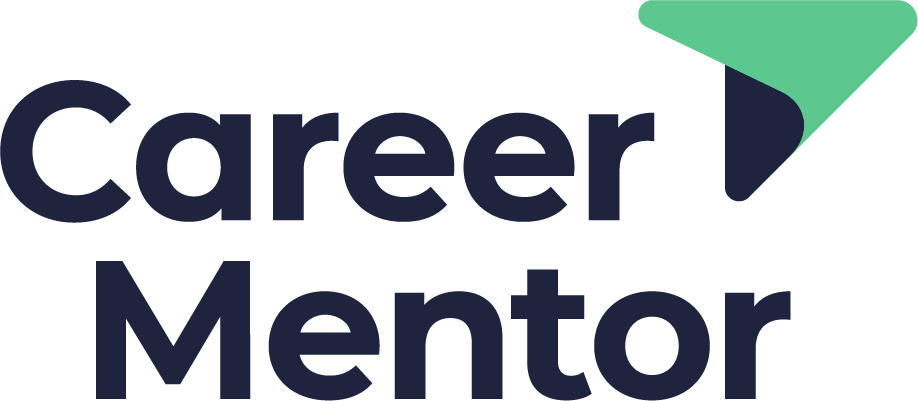How to handle 3 interview questions that may trip you up
As we know, there are different types of job interviews and, in turn, interview questions. These target different areas of you as a candidate. Broadly, they are: competency, motivation, cultural and selling (to you).
During these interviews, you may be asked questions that may well trip you up. Now, whether or not the interviewer is doing this on purpose isn’t the focus of this short read. We’ll identify three of them and how you can recognise and handle them
The presupposition question
In this type of question, the interviewer will embed a presupposition that you may or may not agree with. For example, ‘Given that AI will destroy all equity research jobs, how will the industry adapt?’ Clearly, the presupposition is that AI will, undoubtedly, destroy all equity research jobs.
I would suggest that you call out the presupposition, perhaps saying that you don’t agree with it. You can then go on to make some balanced points about the possible impact on AI on equity research and then discuss how the industry can best adapt.
Calling out a presupposition like this will demonstrate that you can analyse questions and then create the well structured arguments that naturally follow.
The question stack
This is when the interviewer, not content with just one question at a time, will add more questions, one on top of another, stacking them up. This may be done on purpose to see how you handle a bit of stress, or they’re simply excited and just a little inept. In fact, I heard an interviewer do exactly this as I listened to a podcast over breakfast this morning.
So how might one consider dealing with this?
Call it out: ‘Ok, so there are a number of questions you’ve asked there. Let me answer them one at a time, if I may.’
Either start at the beginning and go through them in the sequence that they are asked, or start with the question that impacts all the subsequent answers and puts them into a logical context.
Check-in with the interviewer at the end of each answer to see if they’re happy with it: ‘Before I answer your next question, are you happy with my answer with the first?’ or simply ‘Does that make sense?’.
Finally, you can do a final check-in to ensure that you’ve answered all of the questions. Take your time. Work methodically through the questions. Remain super calm and don’t allow yourself to get rattled.
The loosely worded question
This is a seemingly tricky question that you can certainly turn to your advantage. It’s tricky because a question like ‘please tell me about yourself ‘ is so wide open that you can go anywhere in 360 degrees. It offers the trap of you rambling, giving off point information and going down all sorts of irrelevant rabbit holes.
The opportunity that this ill-defined question gives you is that now you can ask a clarification question about what the interviewer is looking for. This, in turn, takes you from a Q&A interview to a dialogue, which can be very powerful.
Closing thoughts
Just knowing about these three questions will help you in your next job interview. Better still, is to practise. Find a buddy to work with and do some interview practice. Have your buddy first give you questions that are likely to come up and then randomly surprise you with one or two of these, and see how you do. Repetition and drilling is no bad idea, provided you can still sound natural in the moment.
In a real interview, do your best to remain calm and composed. See these tricky questions for what they are. Slow things down and take your time, working through them methodically.
If you’d benefit from a free, no-strings-attached coaching call, let’s talk. Use this link to book a all at a time that suits.
